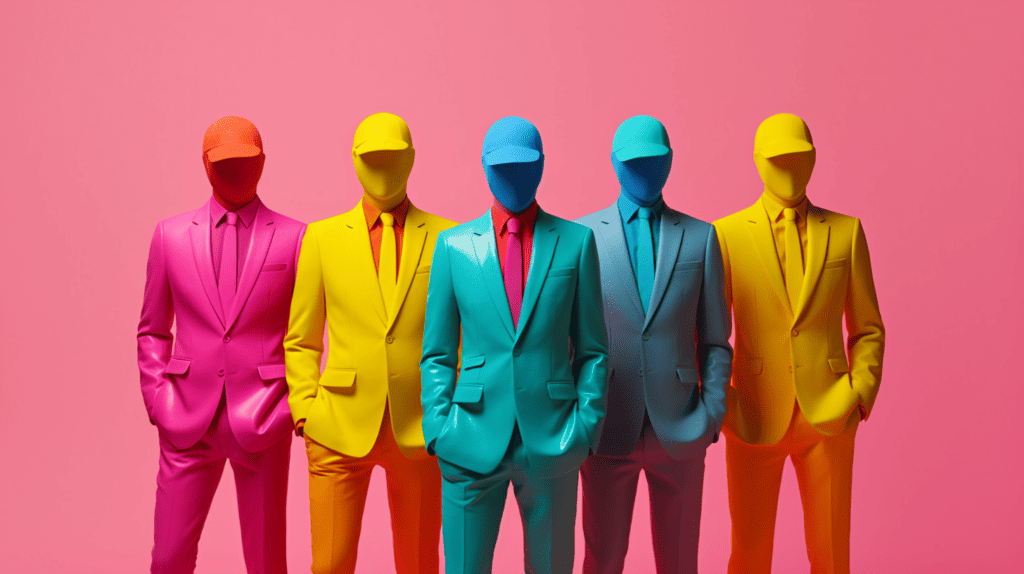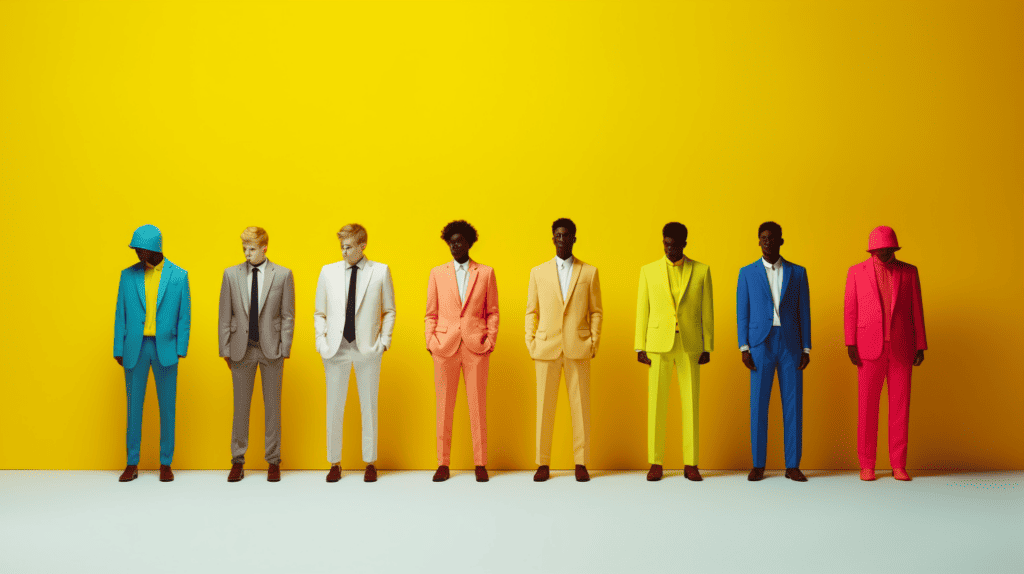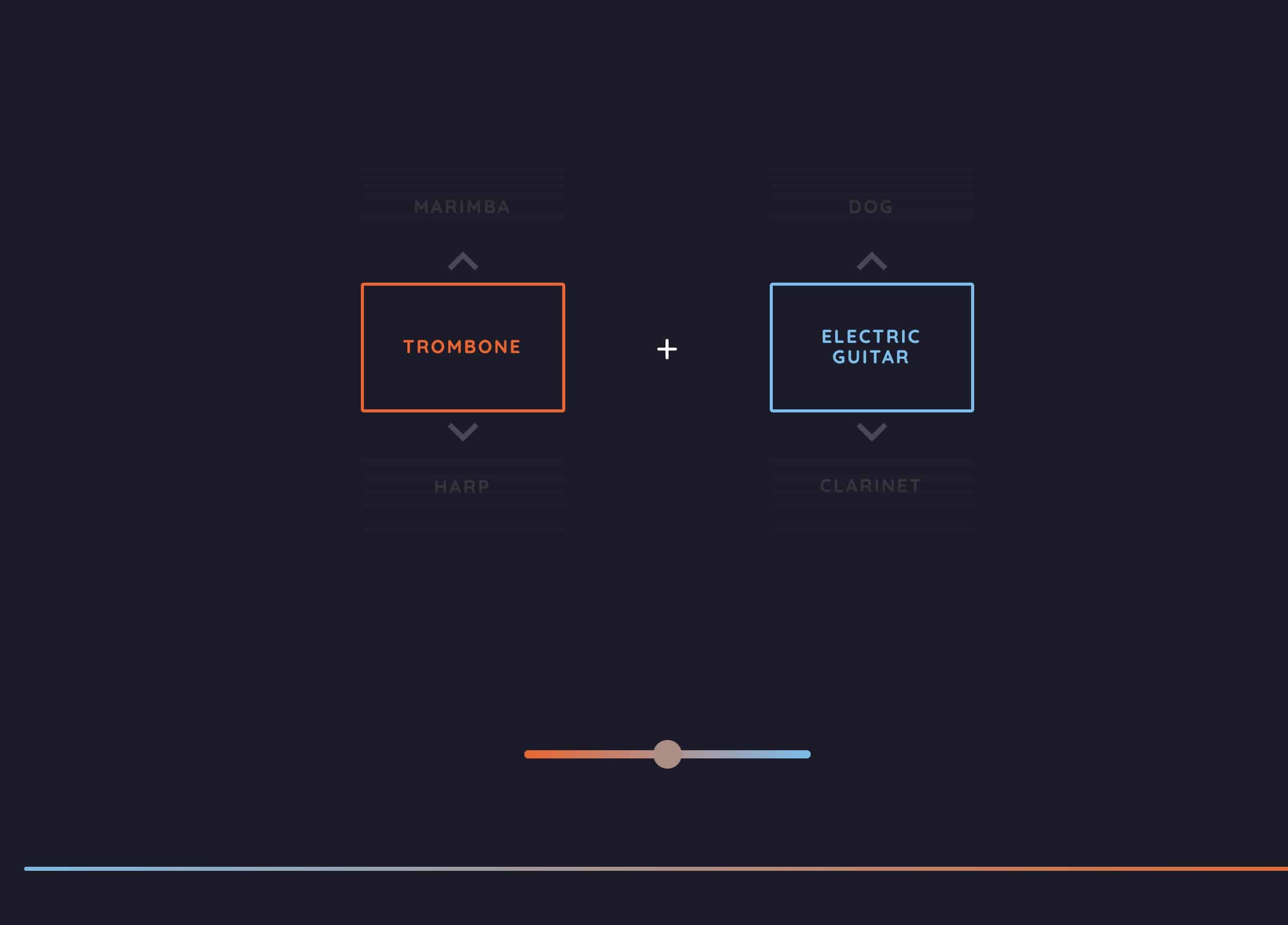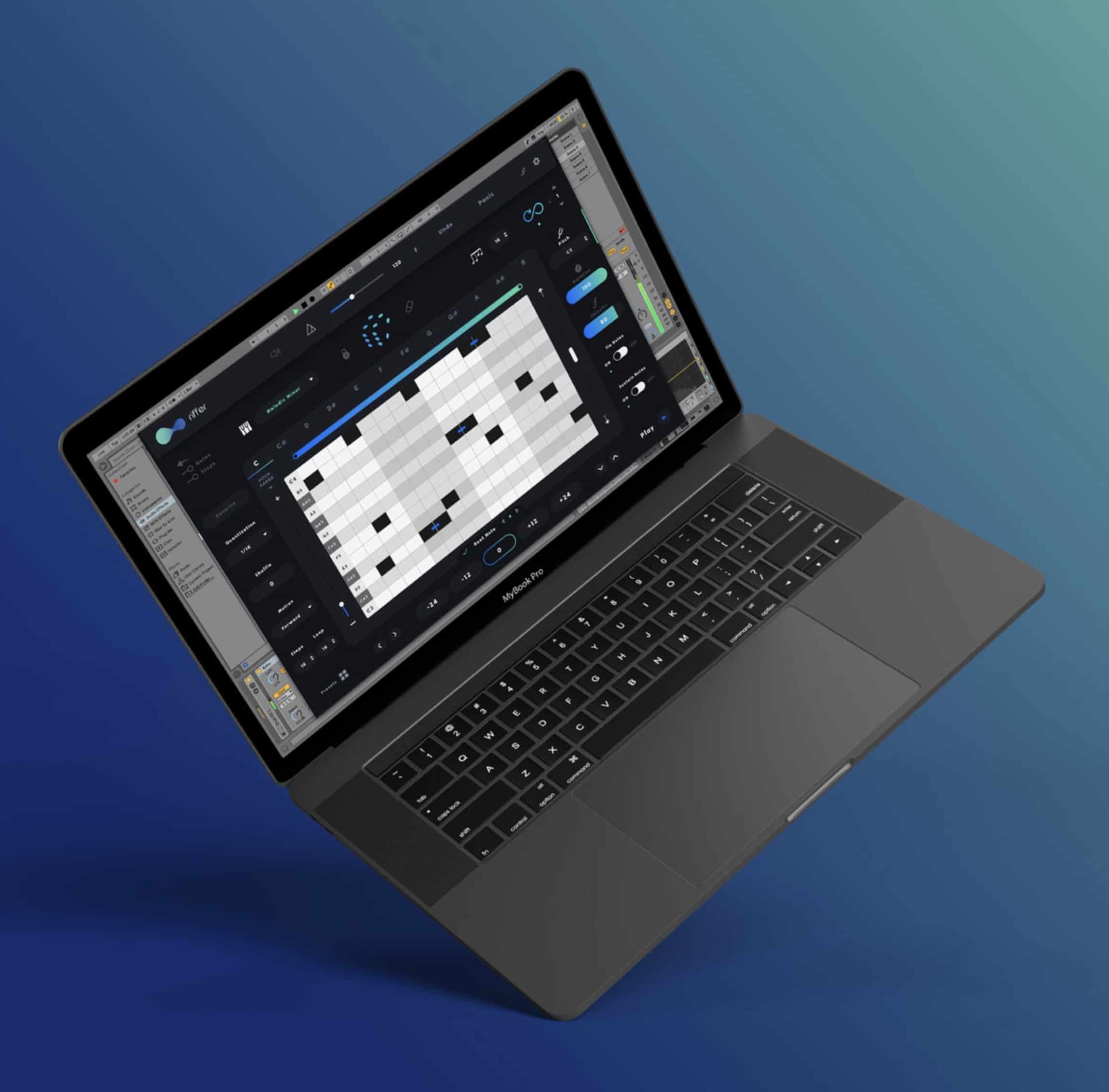A New Era of Creativity and Expression
Music has always been a strong reflection of human innovation and emotions. Throughout history, our voices and musical instruments have played a crucial role in expressing our feelings, telling stories, and building relationships with others. As technology has advanced, our ways of creating music have also progressed.
Modern musicians now have access to various tools, enabling them to manipulate sound in unimaginable ways. Synthesizers can emulate virtually any sound, while digital audio workstations facilitate precise editing and manipulation of recorded tracks. And now, the rise of artificial intelligence (AI) offers musicians even more possibilities for music creation.
AI Applications in the Music Industry
AI is being utilized in multiple ways within the music industry. One popular application is generating original compositions based on existing musical data sets. By analyzing millions of songs across genres and periods, AI algorithms can identify patterns and generate new melodies or chord progressions that fit within those patterns.

Another application involves using AI to enhance existing performances or recordings. For instance, software like iZotope’s RX can isolate individual instrumental tracks from a mix and remove unwanted noise or artifacts without impacting the rest of the recording.
Unintended Consequences and Concerns
However, as with any emerging technology, unintended consequences arise from using AI in music creation. One worry is that AI-generated music might lack the emotional depth and nuance that human performance offers. While an algorithm can create technically proficient melodies or chord progressions, it may not capture the same sense of emotion or passion found in a live performance.
Another concern revolves around ownership rights of AI-generated music. If an algorithm generates an original composition based on data sets owned by multiple parties (such as record labels or streaming platforms), who has the rights to that composition? This question has already sparked legal battles between artists collaborating with AI algorithms and those claiming ownership over their contributions.
Harnessing AI for Collaboration and Growth
Many musicians and industry professionals see AI as an opportunity for collaboration and growth. AI can be a creative assistant, inspiring artists, helping them overcome writer’s block, or even offering suggestions to improve their compositions. As AI technology continues to evolve, its ability to learn from and adapt to a musician’s style will improve, further enhancing the creative process.
AI in Music Education and Talent Discovery
AI also has the potential to revolutionize music education and talent discovery. With AI-powered music learning apps and platforms, students can receive personalized instruction based on their skill level and learning style. Furthermore, AI can analyze and identify undiscovered talent by evaluating their performances and predicting their potential for success.

Addressing Ethical Considerations and Regulations
To ensure the responsible integration of AI into the music industry, it is essential to address ethical considerations and establish regulations. For instance, guidelines should be set to ensure that AI-generated compositions do not infringe on existing copyrights or that AI technology is not used maliciously to plagiarize or manipulate the work of others.
Additionally, as AI-generated music becomes more prevalent, it is crucial to develop clear standards for crediting the contributions of both human artists and AI algorithms to a given work. This will help to prevent legal disputes and foster a fair and transparent environment for all parties involved.
Ethical Considerations in AI-Generated Music
As AI-generated music becomes increasingly widespread, various ethical concerns emerge. Some of these concerns include the potential for AI-generated music to contribute to cultural appropriation, the dilution of traditional music styles, or the homogenization of music in general.
Cultural Appropriation
Cultural appropriation occurs when elements of one culture are adopted or used by members of another culture, often in a way that is disrespectful or exploitative.

AI-generated music, which often relies on large datasets of existing music, might inadvertently incorporate elements of various cultures without giving proper credit or understanding the cultural context. This can result in the misrepresentation or trivialization of the original culture and may lead to further marginalization of underrepresented communities.
Dilution of Traditional Music Styles
AI-generated music algorithms are often designed to identify popular patterns and trends within the music they analyze.
As a result, the output may lean heavily toward mainstream or widely-accepted styles, which can dilute traditional or less-popular music styles. Over time, this may result in a decline in the diversity of music genres and a loss of unique cultural expressions and heritage.
Homogenization of Music
The widespread use of AI-generated music could also contribute to the homogenization of music, as algorithms tend to create compositions based on patterns and trends found in existing data. This may result in technically proficient music lacking the distinctiveness and creativity found in human-generated compositions.
As AI-generated music becomes more prevalent, there is a risk that the rich tapestry of diverse musical styles and influences may be reduced to a more uniform, less imaginative landscape.
In conclusion, while AI-generated music offers exciting opportunities for innovation and new forms of creativity, addressing and considering the ethical implications of its widespread use is crucial. It is essential to develop ways to preserve cultural diversity and respect the heritage of various music styles while embracing the potential of AI in music creation.
Embracing the AI-Infused Future of Music
The increasing influence of AI in the music industry offers an exciting new frontier for creativity, collaboration, and innovation. By addressing the potential concerns and working together to create ethical guidelines and regulations, musicians, industry professionals, and AI developers can ensure that the integration of AI into the music landscape is both responsible and beneficial.
As we embrace this AI-infused future, we can look forward to new and innovative ways to create and enjoy music, while also remaining mindful of the potential pitfalls and challenges that come with any technological advancement. With the right approach, the future of music and AI has the potential to be a harmonious and groundbreaking partnership.
Despite these concerns, it’s undeniable that AI is revolutionizing the music industry in thrilling ways. It enables new forms of creativity and experimentation while also presenting unique challenges for artists and record labels alike. As we continue to navigate this new era of music creation, it will be fascinating to see how these unintended consequences evolve.










